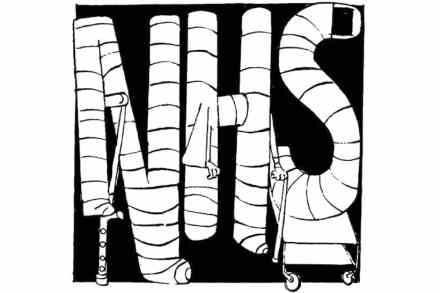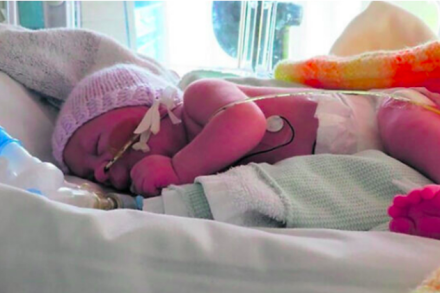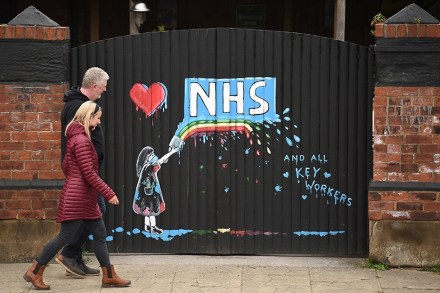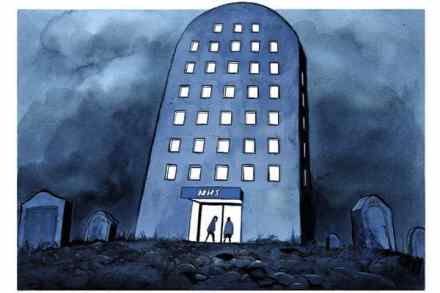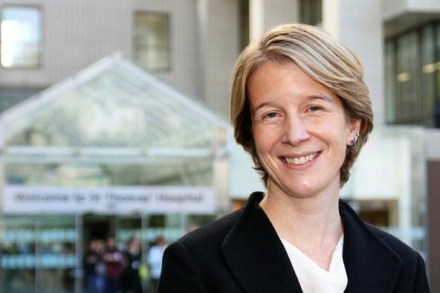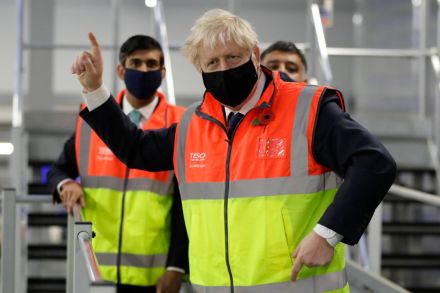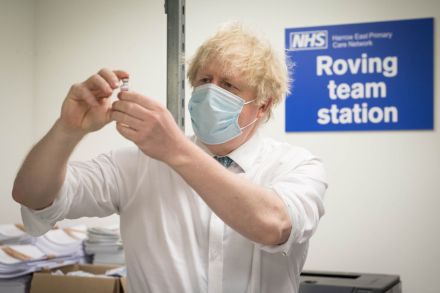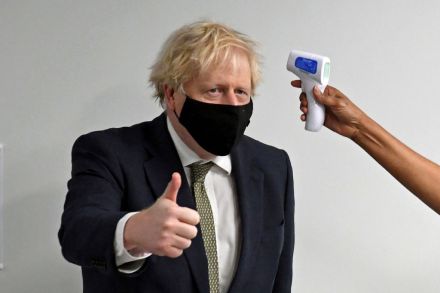Why the NHS needs more bureaucrats
If the NHS’s cheerleaders and detractors can agree on one thing, it’s this: we need fewer backroom staff. If the health service’s doctors, nurses and cleaners are heroes, the pen-pushers, middle-men and legions of drab men in drab suits are sucking the vital lifeblood out of the NHS, while droning on about synergies in management. All this while claiming a salary that could have paid for another two nurses. This debate has re-emerged after it was reported that almost half of all NHS staff are managers, administrators or unqualified assistants. Helen Whately, the care minister, spoke for many when she said she feels ‘strongly that the money we put into the NHS needs to
